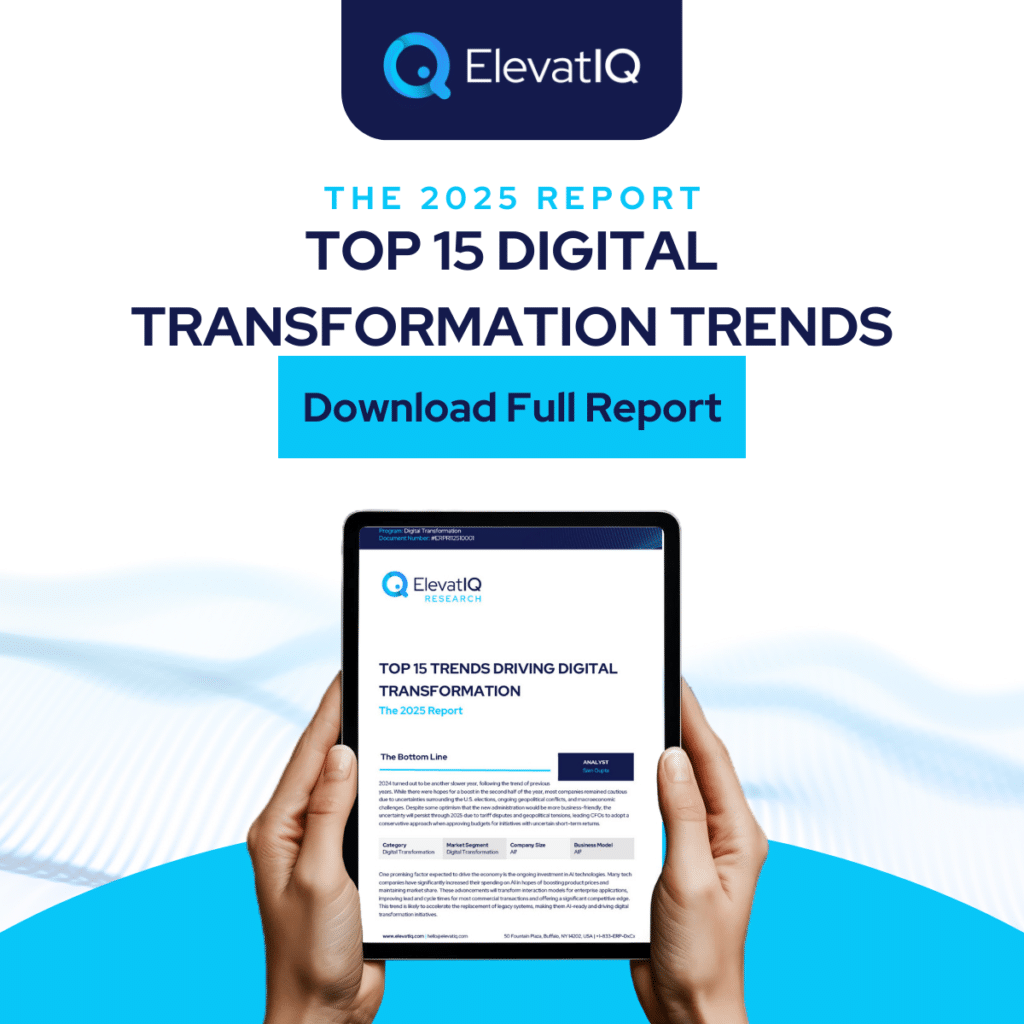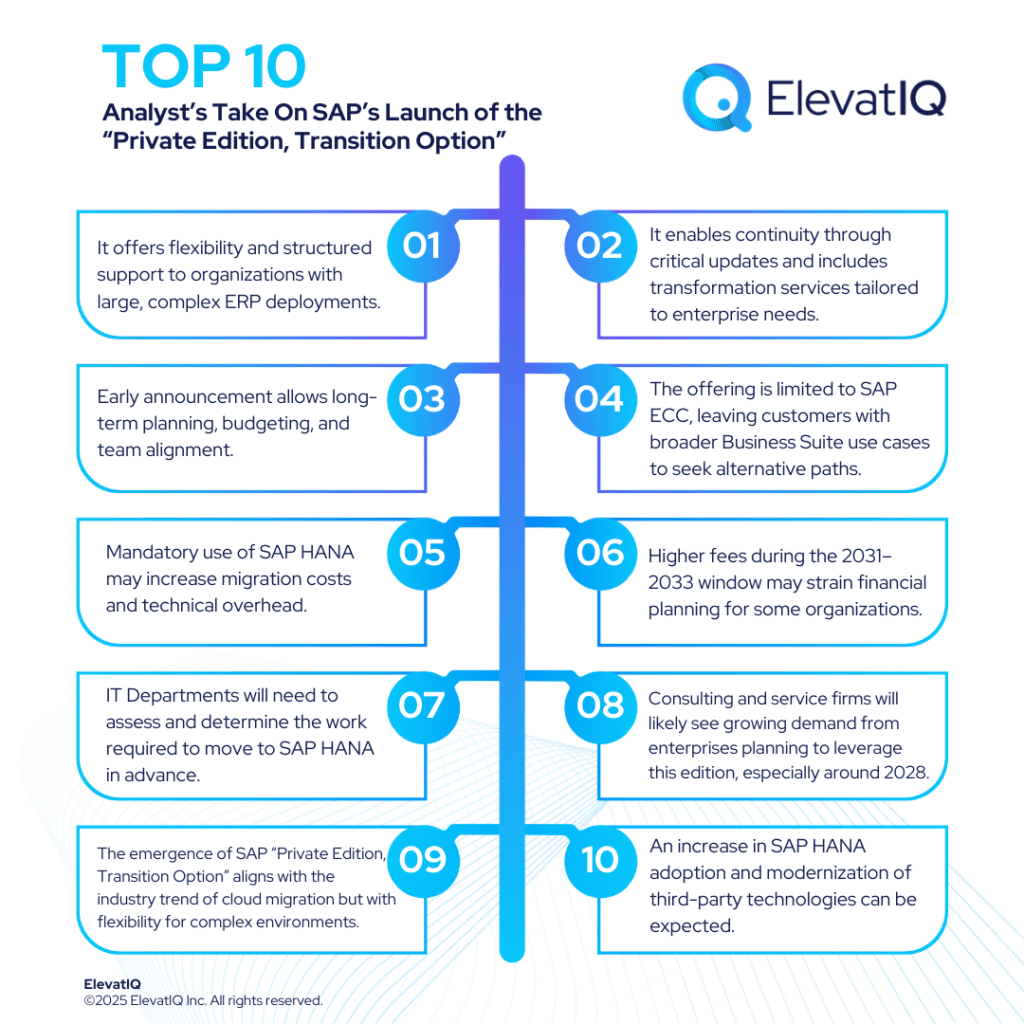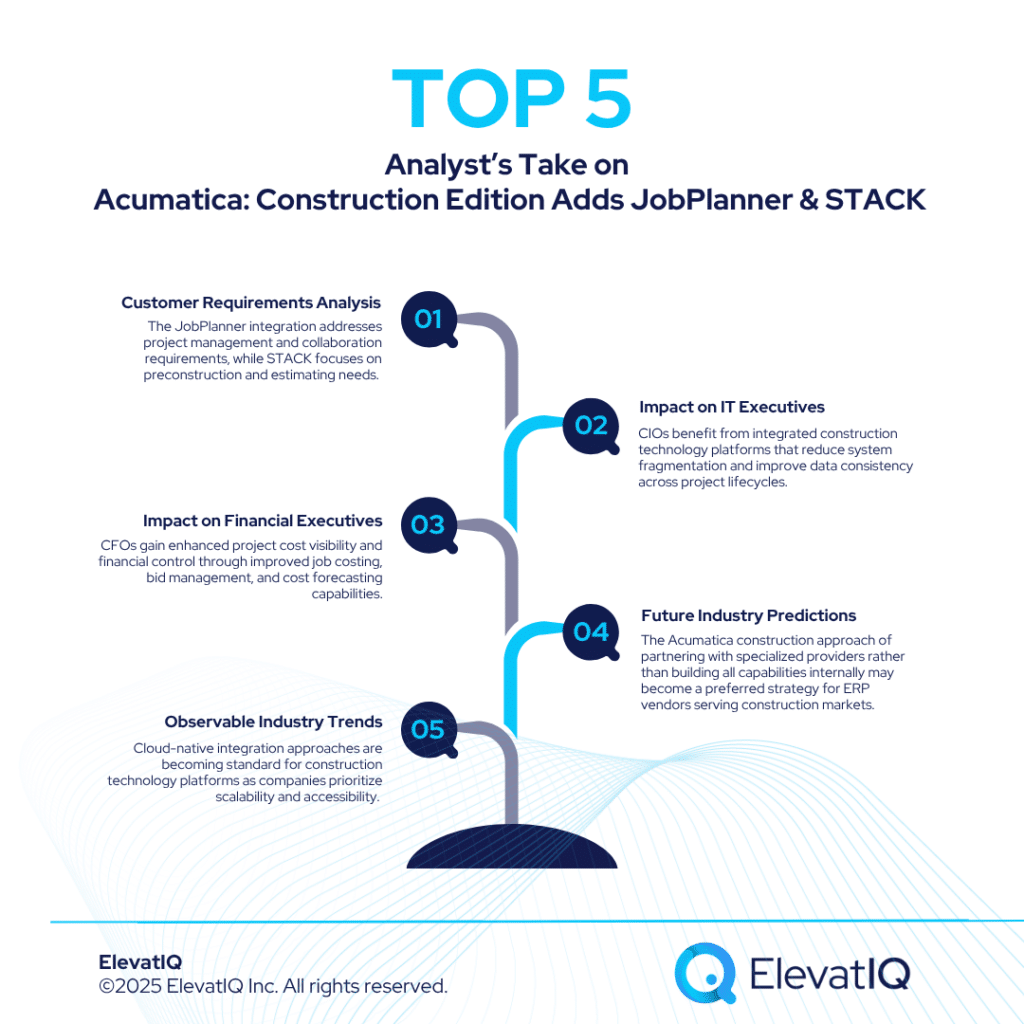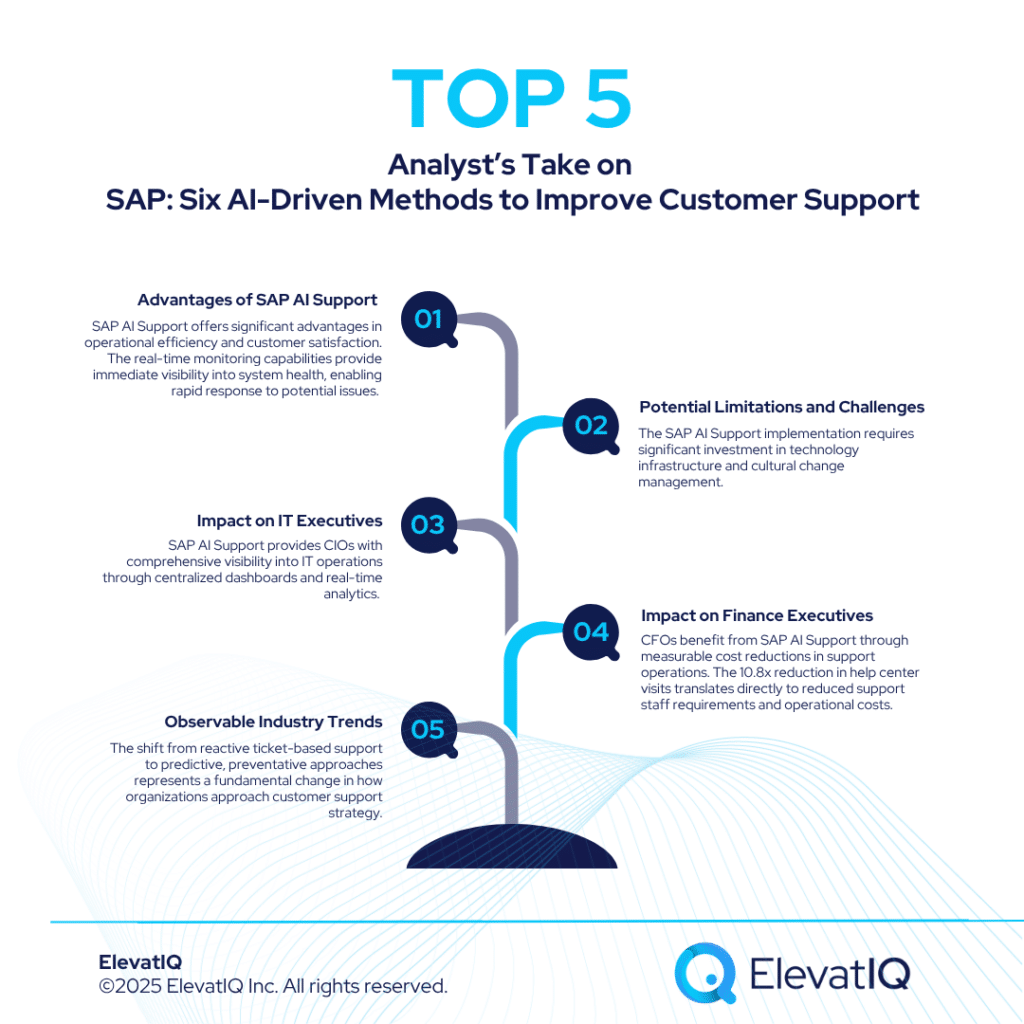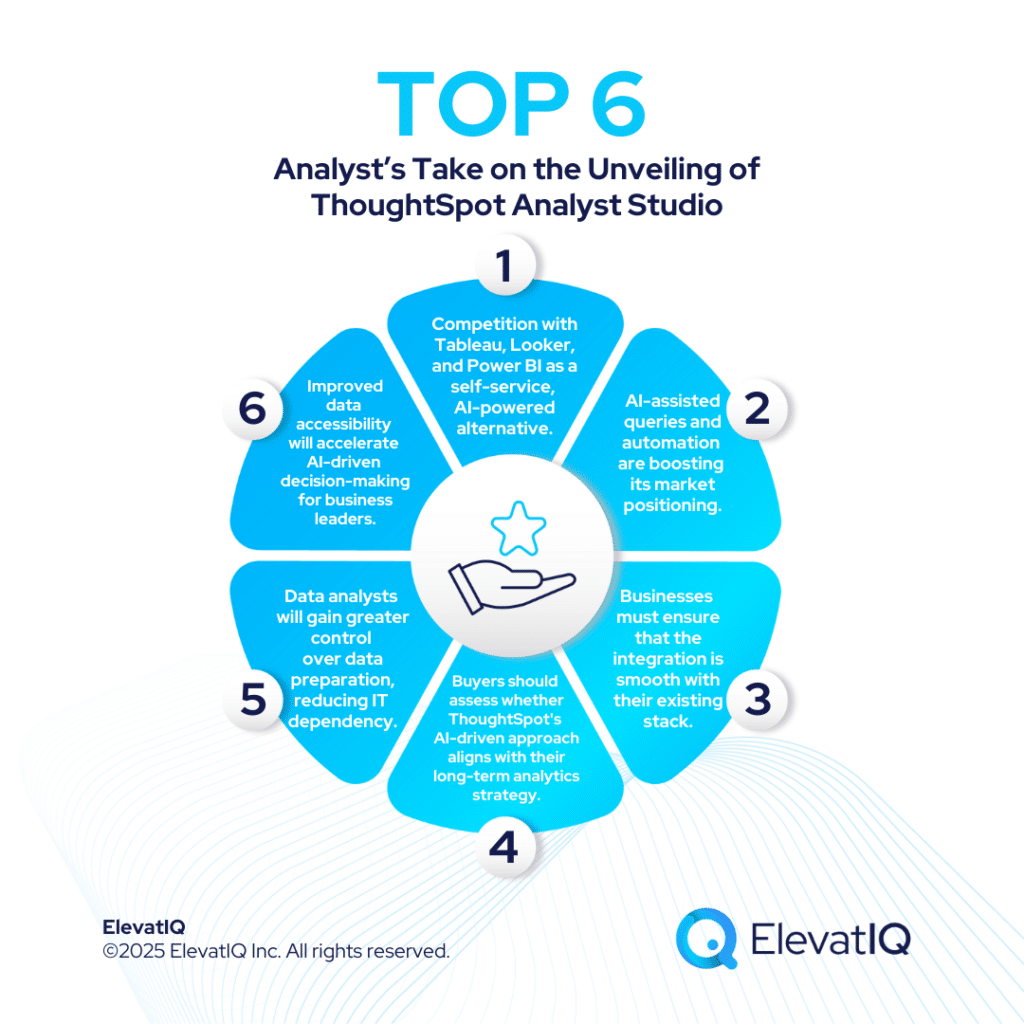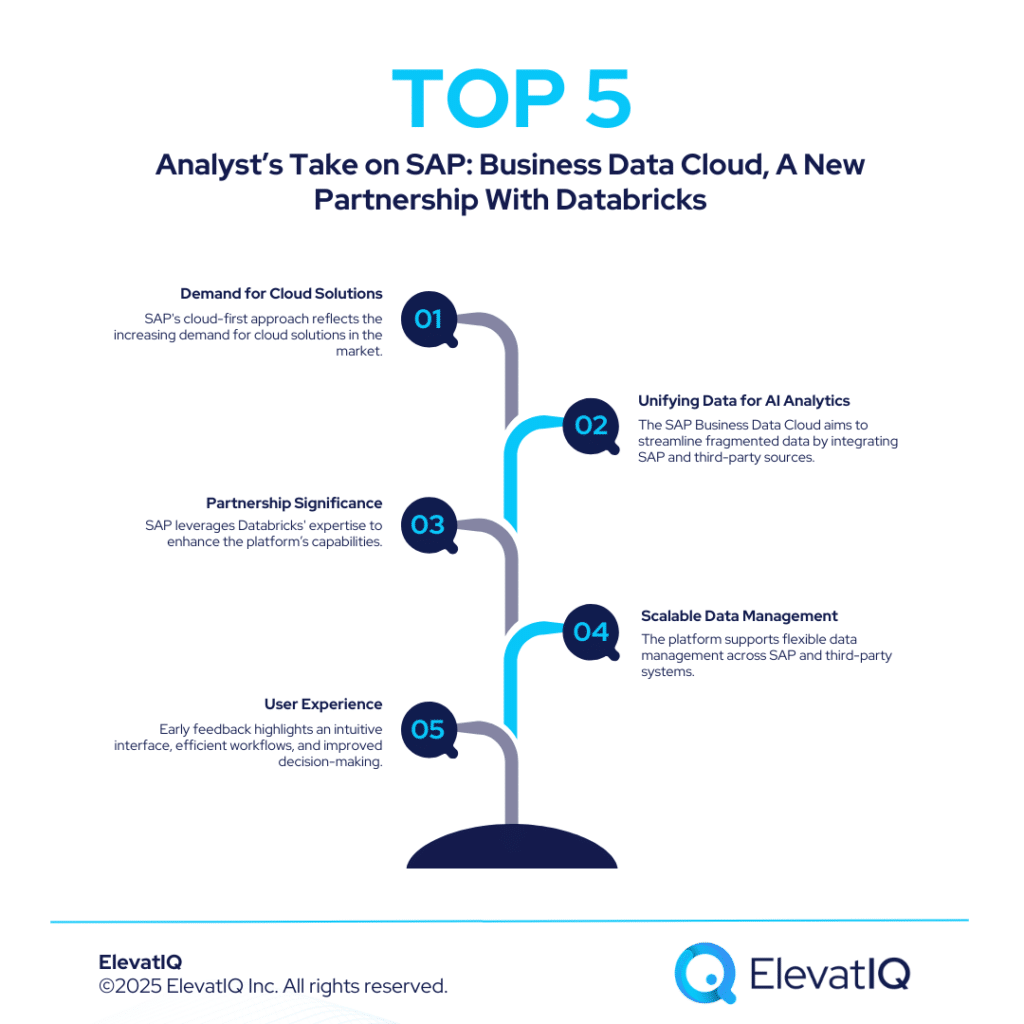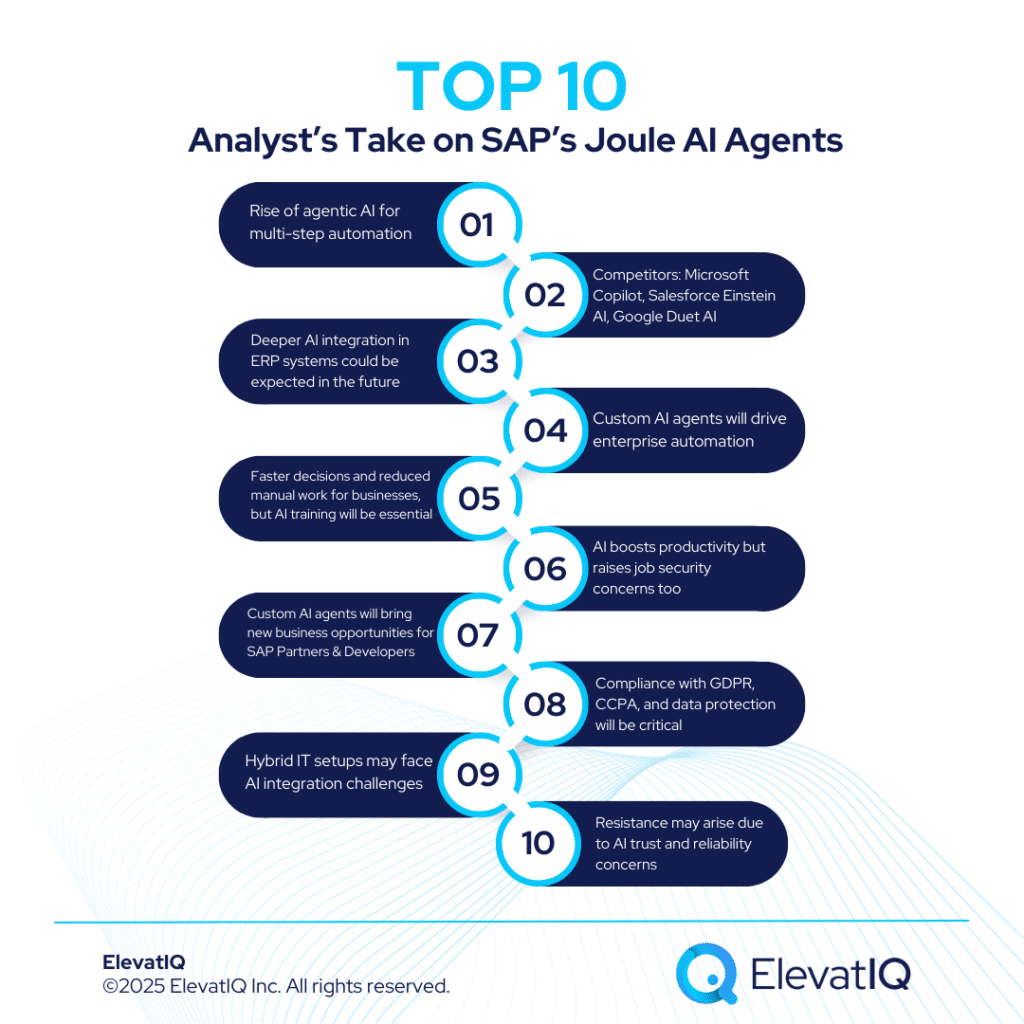Last Updated on May 7, 2025 by Shrestha Dash
SAP has announced a new offering called “Private Edition, Transition Option”, designed to support large enterprises with intricate ERP landscapes in their move to the cloud. As part of the RISE with SAP program, this solution offers a structured migration path for organizations that require more time and flexibility to shift from on-premise systems to SAP cloud ERP. The offering is scheduled to launch in Q2 2025, with availability for purchase starting in 2028 and support for active usage from 2031 through 2033. With this early disclosure, SAP is providing enterprises with sufficient time to plan and execute their transformation strategies.
Detailed Breakdown of SAP’s Launch of “Private Edition, Transition Option”
Timeline and Implementation Window
This edition will be officially announced in Q2 2025. However, customers will only be able to purchase it starting in 2028, and the actual usage period is limited to the years 2031 through 2033. The extended lead time highlights SAP’s recognition of the complexities involved in transitioning large ERP systems and its intent to enable detailed planning.
Targeting Complex SAP ERP Environments
This offering is specifically aimed at customers with large, complex on-premise SAP ERP systems, often involving hundreds of connected components. These organizations typically face longer timelines and greater challenges in migrating to cloud ERP, making this edition a tailored solution to meet their needs.
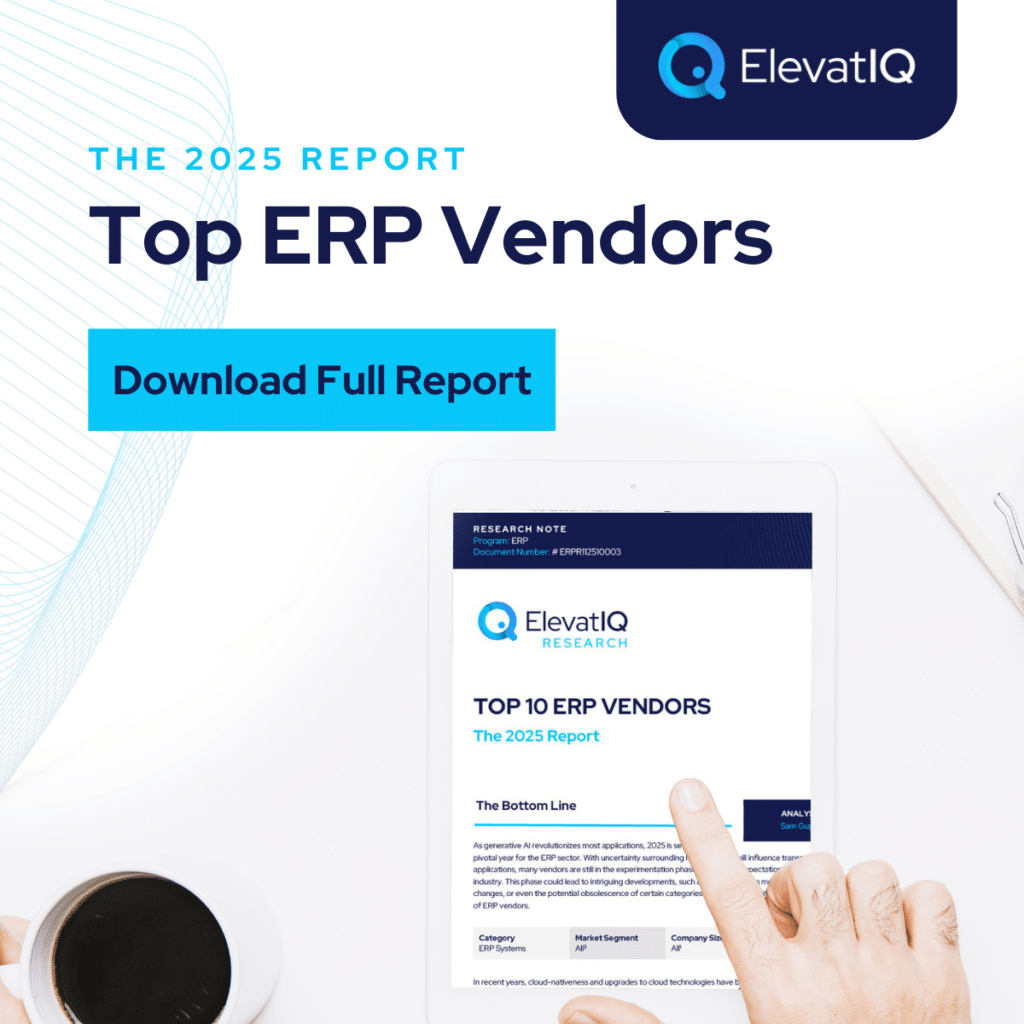
Core Features and Functionality of the “Private Edition, Transition Option”
At its core, the “Private Edition, Transition Option” supports SAP ECC (ERP Central Component) and includes critical services such as security patches, legal compliance updates, and transformation support. This ensures ongoing business continuity while enabling structured cloud migration through the RISE with SAP framework. The offering also integrates transformation services to help customers prepare for and eventually complete their move to SAP cloud ERP.
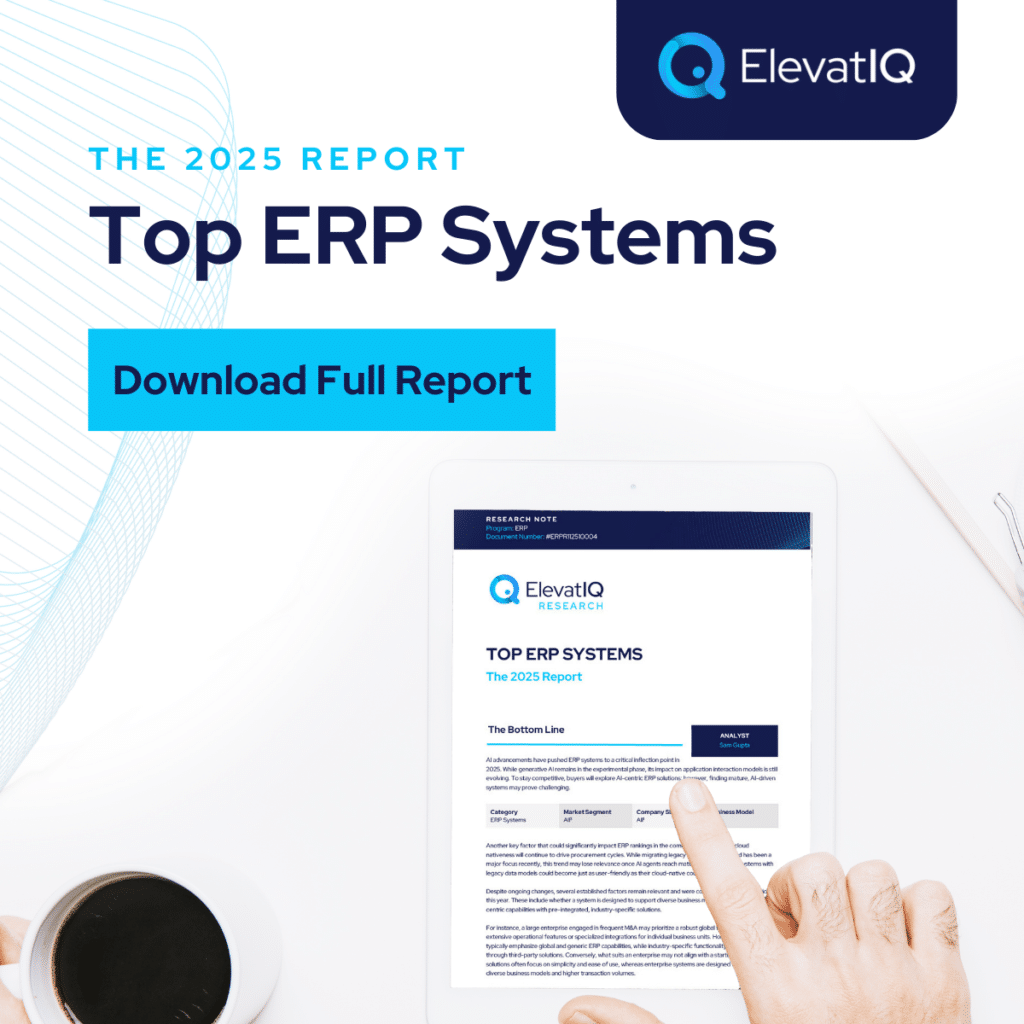
Key Requirements and Limitations
SAP “Private Edition, Transition Option” applies only to SAP ECC. It does not extend to the full SAP Business Suite 7, which will remain available for subscription only until the end of 2030. To qualify, organizations must move their relevant systems to SAP ERP, private edition, by the 2030 deadline. Additionally, only SAP HANA will be supported as a database, meaning businesses currently using alternative platforms must plan for migration. The use of outdated third-party technologies, including older Java versions, will also no longer be supported under SAP “Private Edition, Transition Option”, requiring modernization efforts before adoption.
Strategic Clarification
SAP has emphasized that SAP “Private Edition, Transition Option” is not a means to extend maintenance for legacy SAP ERP systems. Rather, it is a temporary pathway to enable transition into SAP’s cloud ERP environment, reinforcing the company’s push toward full cloud adoption across its customer base.

Common Questions We Are Hearing
- Is SAP “Private Edition, Transition Option” an extension of SAP ECC support? No. SAP has been clear that it is not a maintenance extension. It is a cloud subscription offering designed to support transition, not long-term use of ECC.
- Will customers have to migrate to SAP HANA? Yes. The SAP “Private Edition, Transition Option” only supports SAP HANA as its database platform. Organizations using Oracle, SQL Server, or other databases will need to plan migrations.
- What happens if the migration is not completed by 2030? Organizations that do not move to SAP ERP, private edition, by the end of 2030 will not be eligible to access SAP “Private Edition, Transition Option”.
- Does this cover SAP CRM, SRM, or other modules? No. The “Private Edition, Transition Option” is focused strictly on SAP ECC and does not apply to broader Business Suite components.
Analyst’s Take on the Offering
Merit and Demerit Analysis
Merits:
- It offers flexibility and structured support to organizations with large, complex ERP deployments.
- It enables continuity through critical updates and includes transformation services tailored to enterprise needs.
- Early announcement allows long-term planning, budgeting, and team alignment.
Demerits:
- The offering is limited to SAP ECC, leaving customers with broader Business Suite use cases to seek alternative paths.
- Mandatory use of SAP HANA may increase migration costs and technical overhead.
- Higher fees during the 2031–2033 window may strain financial planning for some organizations.
Impact on Key Stakeholders
- IT Departments: Will need to assess legacy architecture readiness for migration. And also determine the work required to move to SAP HANA in advance of enrollment.
- Financial Leadership: CFOs must weigh the value of business continuity. Also, phased transition against the higher subscription cost of the offering.
- Implementation Partners: Consulting and service firms will likely see growing demand from enterprises planning, especially around 2028.
Future Predictions
SAP is likely setting a model for how ERP vendors handle large-scale migrations for legacy-heavy clients. Other enterprise software companies may follow this hybrid, phased-migration model that supports both continuity and transformation. In preparation for the “Private Edition, Transition Option”, we can expect an increase in SAP HANA adoption and modernization of third-party technologies (such as middleware and legacy Java)
Industry Trend Observation
The emergence of SAP “Private Edition, Transition Option” aligns with a broader industry trend: cloud migration at scale, but with flexibility for complex environments. Rather than enforcing rigid deadlines, SAP is offering a bridge strategy, enabling transformation without business disruption.
